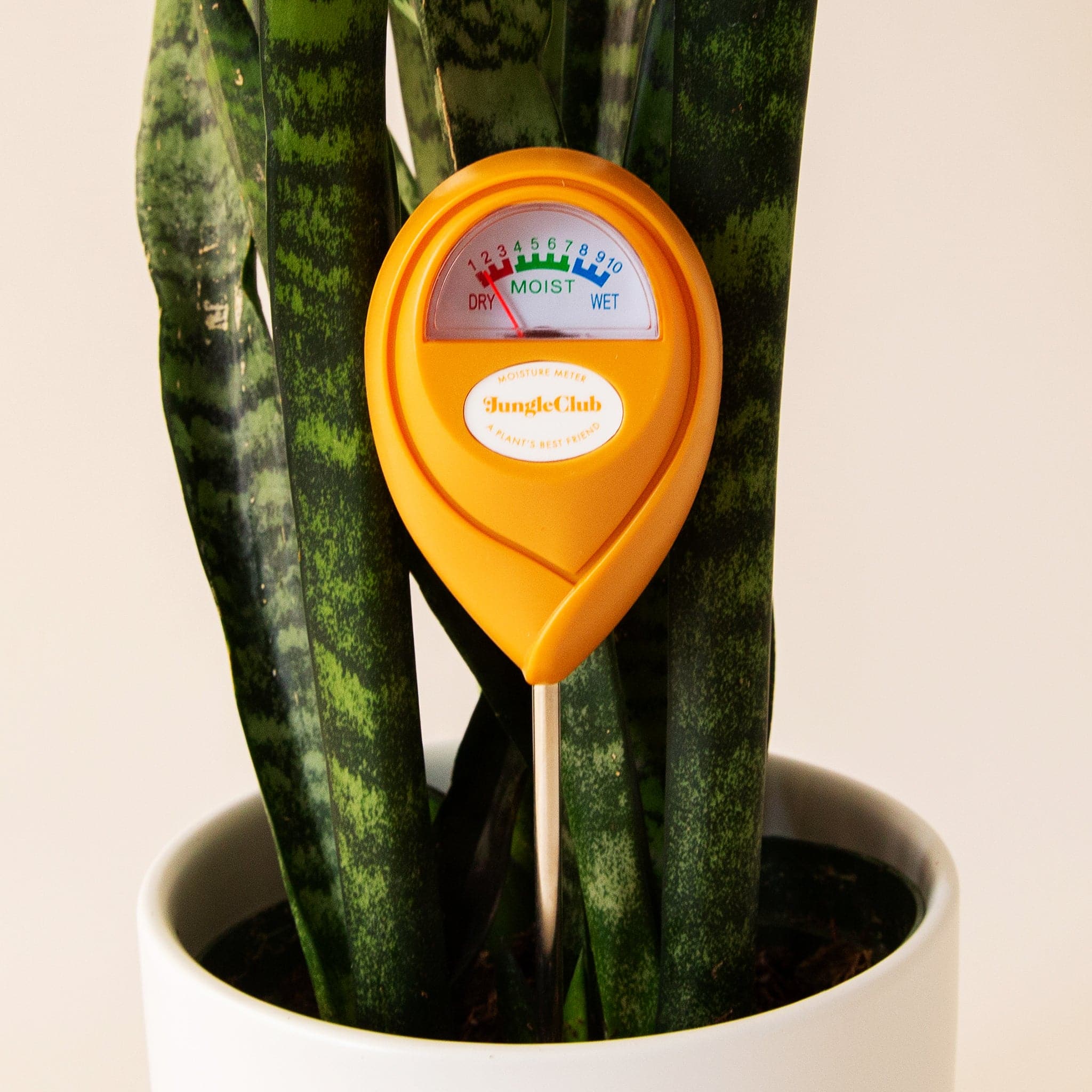How to Use a Moisture Meter to Spot Covert Water Damage in Your Residential property
How to Use a Moisture Meter to Spot Covert Water Damage in Your Residential property
Blog Article
The Ultimate Guide to Wetness Meters: A Comprehensive Introduction and Exactly How They Can Conserve You Cash
In the world of building maintenance, building and construction, and numerous markets, the significance of accurately gauging dampness levels can not be overstated. Dampness meters act as vital tools in spotting and checking moisture web content in materials, helping in avoiding costly damages and making certain the top quality of products. Recognizing the nuances of different kinds of moisture meters, their applications, and the possible cost-saving benefits they offer can be a game-changer for businesses and specialists alike. Uncovering exactly how these gadgets can not only streamline procedures yet also contribute to economic cost savings is a trip worth embarking on.
Types of Wetness Meters
One typical kind is the pin-type wetness meter, which gauges the electric resistance in between 2 pins put right into a product. Pinless dampness meters, on the other hand, usage electromagnetic sensor plates to scan a larger area without creating damages to the material's surface.

Furthermore, there are additionally specialized dampness meters designed for particular materials like hay, dirt, or grain. These meters supply precise wetness analyses tailored to the special buildings of the product being examined. Infrared moisture meters gauge the thermal residential or commercial properties of a material to determine its moisture material non-invasively, making them helpful for applications where pin or pinless meters might not appropriate. Recognizing the different sorts of wetness meters available can aid markets choose one of the most proper tool for their details wetness measurement demands.

Benefits of Utilizing Wetness Meters
Dampness meters offer invaluable advantages in accurately keeping an eye on and examining wetness levels in diverse materials and settings (Moisture Meter). Among the primary advantages of using wetness meters is the avoidance of potential damage brought on by excess dampness. By discovering and addressing high moisture levels beforehand, dampness meters assist to avoid mold growth, rot, and structural damages in structures, conserving both time and money on repair work. In addition, dampness meters help in guaranteeing the high quality of products during construction or manufacturing procedures. By properly measuring wetness material, these devices help maintain the stability of wood, drywall, concrete, and other products, lowering the risk of failings or issues.
Additionally, using wetness meters can lead to raised energy performance. In agricultural settings, wetness meters play an important duty in optimizing crop yields by allowing farmers to monitor soil moisture degrees and make notified watering decisions.
Exactly How to Pick the Right Wetness Meter
Picking the suitable dampness meter includes taking into consideration essential variables such as material compatibility, dimension array, and calibration accuracy. When selecting a dampness meter, it's necessary to make certain that the meter appropriates for the certain additional reading product you will be testing. Various materials have varying electric buildings that can affect wetness analyses, so selecting a meter developed for your product is essential for exact outcomes. Furthermore, take into consideration the measurement variety of the moisture meter. Ensure that the meter can find wetness degrees within the range needed for your applications. Calibration accuracy is another crucial aspect to remember. Select a dampness meter with trustworthy calibration to ensure exact and constant readings. Some meters may need routine calibration changes, so understanding the calibration process is very important. By very carefully assessing these elements, you can select a moisture meter that fulfills your demands and provides exact wetness measurements for your projects.
Proper Strategies for Wetness Meter Usage

Price Cost Savings Through Moisture Meter Applications
How can the strategic utilization of dampness meters lead to substantial expense savings across various industries? In the farming market, moisture meters help in establishing the ideal time for harvesting plants, avoiding over-drying or excess dampness that can affect the final item's quality.
In a similar way, in building, moisture meters assist prevent pricey damages by discovering wetness levels in structure materials, such as timber or concrete, which can cause structural issues otherwise dealt with promptly. By recognizing issue areas beforehand, service providers can take restorative measures to stay clear of comprehensive fixings or substitutes, ultimately conserving time and money.
Furthermore, in the food handling industry, dampness meters are necessary for checking read what he said item top quality and making sure compliance with safety guidelines. By precisely determining dampness material in food products, producers can prevent perishing, keep quality, and lower waste, resulting in substantial cost financial savings. On the whole, the tactical application of wetness meters is a useful financial investment that can lead to considerable cost reductions and enhanced efficiency across different sectors.
Final Thought
In conclusion, dampness meters are useful tools for finding and determining dampness levels in different materials. By making use of the ideal wetness meter and complying with proper strategies, individuals can effectively protect against pricey damages caused by excess dampness.
Wetness meters offer as important tools in discovering and keeping an eye on moisture content in products, helping in stopping costly problems and guaranteeing the top quality of products. Infrared dampness meters measure the thermal residential properties of a material to establish its wetness content non-invasively, making them useful for applications where pin or pinless meters might not be appropriate.Moisture meters supply indispensable benefits in precisely evaluating and keeping track of wetness degrees in diverse products and environments. In farming settings, dampness meters play an important duty in maximizing crop returns by allowing farmers to check dirt moisture levels and make notified watering decisions.In verdict, wetness meters are valuable devices for finding and gauging moisture levels in different products.
Report this page